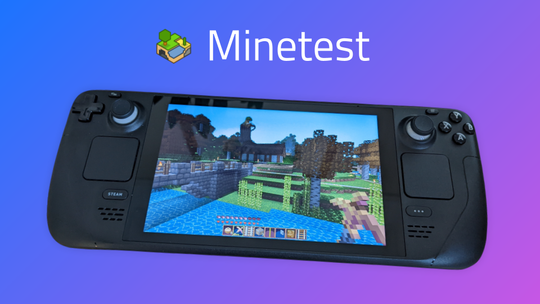Where would I even start.
There’s a lot of good information provided video game reviewers. I tend to start there, when looking for something new.
In particular, I’ve learned about entire genres such as “cozy games” and “couch co-op”, that way. Then, once I know what the genre I’m in the mood for is called I can search for “best cozy games of 2020”, to find ideas of what I might like to try.
In order to not worry about whether each game will run, I feel that the SteamDeck is the current nicest all around game console available, followed by the Nintendo Switch.









“Tres Comas is for winners.” (A wonderful line delivery by the huge asshole venture fund bro in Silicon Valley, that illustrates your point)